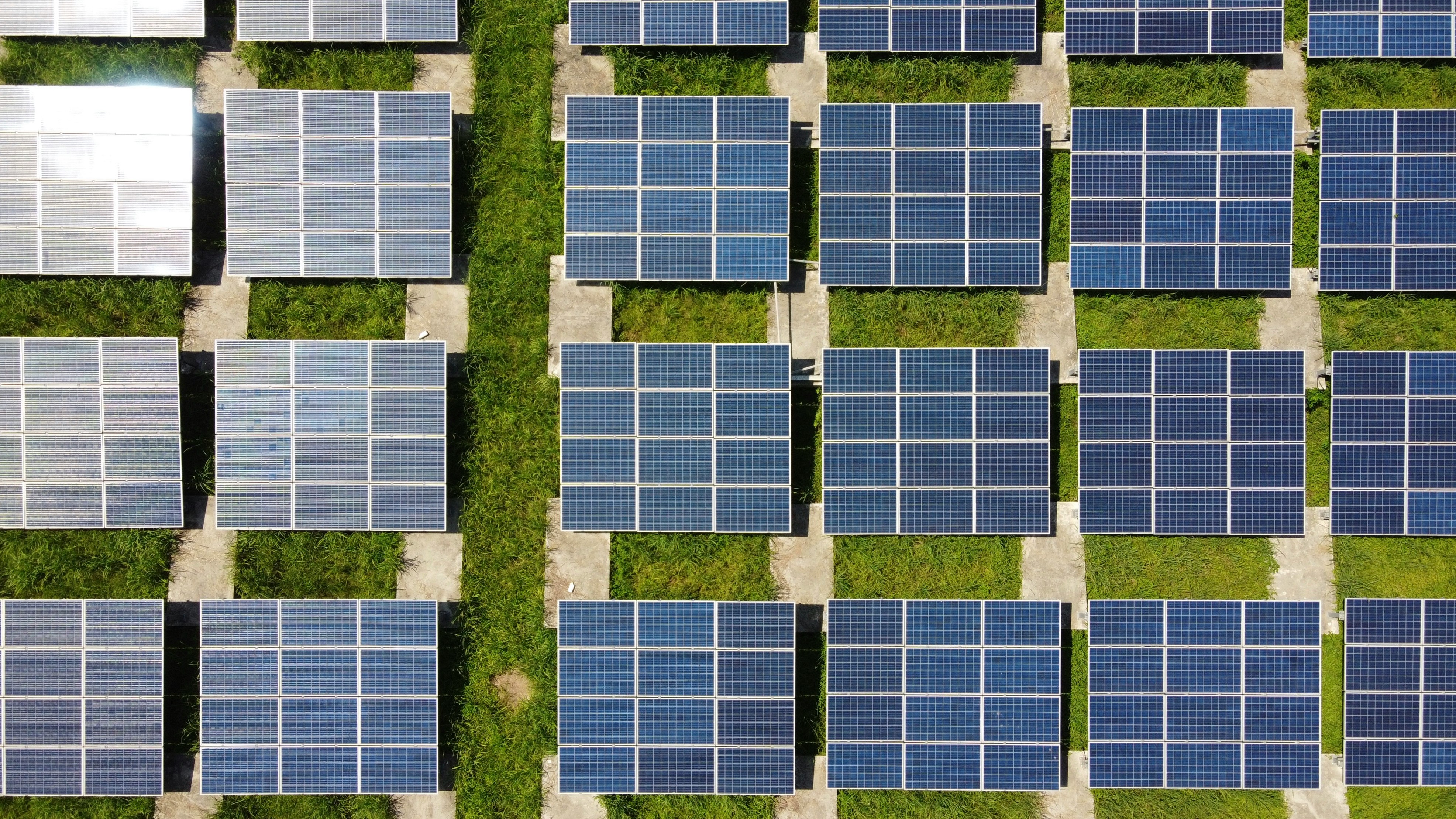Engineered infrastructure is often hidden in plain sight. Some is buried underground, only surfacing in ways that might inconvenience us when the road gets dug up – but even the most salient infrastructure, the roads, rails and bridges that shape our landscape and which we all use, is often taken for granted.

As we continue the essential transition to net zero, the kinds of changes that are needed will not be so hidden. The shift to net decarbonised power and transport, and the changes needed to reduce the energy and heat consumption of buildings, are no less than a paradigm shift. This is not simply an upgrade of what we have now, but a radical rethinking of how systems work and the choices we all make. These are choices from those made by engineers about power networks to the decisions that any of us might make about how we heat our home, or the way we travel to work.
The essential action to decarbonise may sound forbidding, but there is a huge range of opportunity here. We have the potential for significantly improved air quality as we move away from fossil-fuel powered vehicles. There is the promise of healthy and warm homes that are more affordable to heat. A shift towards more local and regional decision making over our energy generation, with the availability of renewable energy that is not open to the shocks of the current energy system.
Because of the scale of this shift, and the promise of benefit, it is essential that the transition to net zero is done in an inclusive, just and forward-looking way. This involves dialogue and conversation with and between all of those who are affected by these changes.
Conversation will make us all – including engineers – mindful of the changes we are making. We are reversing the legacy of locking-in to fossil fuels decades, even centuries, ago. We need to ensure that a wide range of options are explored, and that we build energy and transport systems, and a built environment, that are resilient and adaptable. They must include, a plurality of technologies rather than a fixed deterministic system that can have unwanted effects, such as those of carbon-based technologies.
Conversation is also about ensuring a just and fair transition, which ensures that the benefits of decarbonisation are widely distributed, and that no communities are impacted unfairly by the costs of this change. This means engaging with those who have less choice about how their home is heated and insulated, and who may be more vulnerable to the changes in energy costs that are beyond their control. It is about exploring how we can achieve a greater scale of impact by focusing on those with the most needs first.
It is also about engaging with those who will inherit the systems we build now, and who will be using, maintaining, adapting and decommissioning them in the future. Young people will no doubt have very different relationships with transport than more recent adult generations, with different forms of fuel and likely different models of vehicle access and ownership. They play a key role in creating an improved and decarbonised transport system which will deliver genuinely healthy mobility.
Because of the scale of this shift, and the promise of benefit, it is essential that the transition to net zero is done in an inclusive, just and forward-looking way. This involves dialogue and conversation with and between all of those who are affected by these changes.
This is not just about conversation – it is also about engaging wider communities in action. Moving towards a decarbonised energy system opens up more opportunity for locally owned and controlled renewable energy. This can enable local communities to benefit from energy assets as well as having influence on the energy generation that they rely on. Achieving this meaningful involvement of communities requires discussion and design of a system which enables that – identifying the changes needed in the systems we have now and the barriers that it creates for local energy ownership.
The shift to net zero has engineering at its heart, but this is engineering out in the open, as part of a wider, social and technological shift. There is huge opportunity out there – and as leaders in the engineering profession the Royal Academy of Engineering is holding these critical conversations in order to ensure that we grasp that in a way that delivers a sustainable society and an inclusive, green economy.
Critical Conversations
Discover our Critical Conversations series for expert insights on current issues in engineering. Watch recordings of previous sessions and get info on upcoming discussions featuring leading experts from the Academy's networks, including Fellows and awardees.
